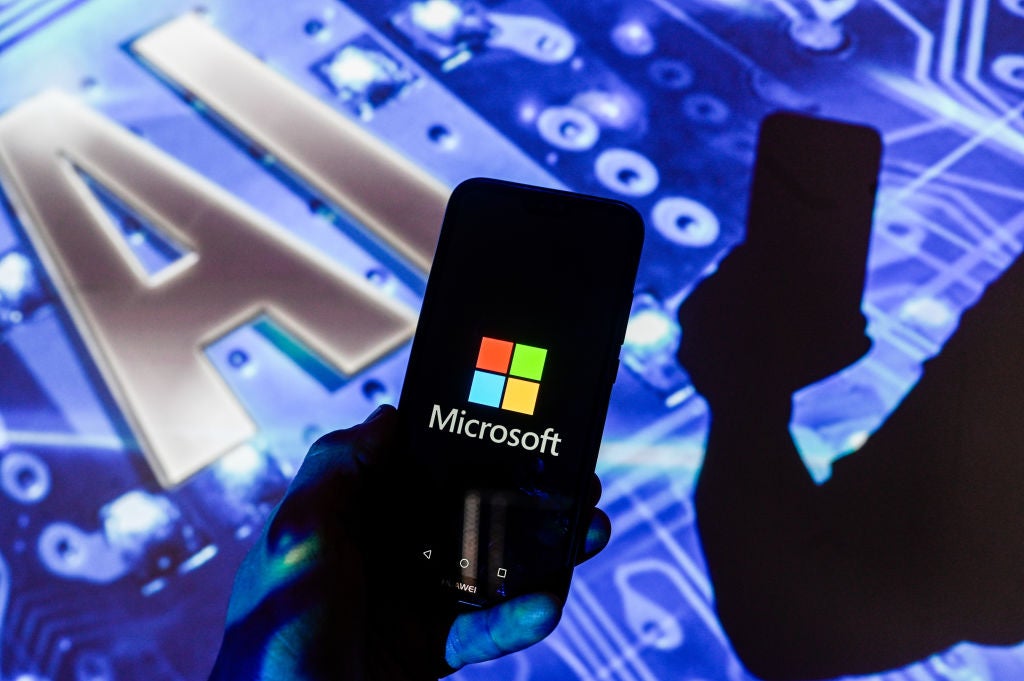
Microsoft announced on Monday (5 January) that it is teaming up with media platform Semafor and various other news organisations to help journalists work with generative AI (GenAI).
The move comes as the tech giant and its AI partner OpenAI face a lawsuit launched by the New York Times over alleged unlawful usage of training data for large language models.
Semafor will be launching a new global multi-source breaking news feed called Signals.
The feed will allow journalists to use OpenAI and Microsoft’s tools to offer readers “diverse, sophisticated perspectives and insights on the biggest stories in the world as they develop.”
In addition to Semafor, Microsoft has announced partnerships with the Online News Association, Craig Newmark Graduate School of Journalism and the GroundTruth Project.
In a blog post, Microsoft said the partnerships will help organisations “identify and refine the procedures and policies to use AI responsibly in newsgathering and business practices”.
How well do you really know your competitors?
Access the most comprehensive Company Profiles on the market, powered by GlobalData. Save hours of research. Gain competitive edge.

Thank you!
Your download email will arrive shortly
Not ready to buy yet? Download a free sample
We are confident about the unique quality of our Company Profiles. However, we want you to make the most beneficial decision for your business, so we offer a free sample that you can download by submitting the below form
By GlobalDataMicrosoft and OpenAI claim that using copyrighted works to train AI models falls under “fair use” due to it being repurposed differently.
Vlad Susanu, technology expert and professional gaming journalist, told Verdict that while the use of GenAI by news organisations could transform workflows, it also raises critical questions.
“On one hand, AI tools like chatbots can summarise key information more efficiently, freeing up journalists’ time for deeper investigation and analysis,” he said, adding: “images generated by AI can quickly illustrate stories, too.”
However, Susanu stated that there are still legitimate concerns about factual accuracy, misinformation, and plagiarism when it comes to GenAI.
“Relying on it [GenAI] for entire articles without human oversight risks eroding public trust,” said Susanu.
Almost 73% of news organisations surveyed on AI and the media believe GenAI tools, such as ChatGPT or Google Bard, present new opportunities for journalism, according to a 2023 report from the JournalismAI initiative at the London School of Economics.
Some of the survey’s respondents reportedly noted that using AI could help with menial tasks likes interview transcription and fact checking.
Luke Budka, AI director at UK media company Definition told Verdict that he thinks publishers need to start thinking about licensing their most popular journalists’ tone of voice.
“Want to use a language model trained to write like Bojo does for the Mail, then you’ll have to pay him to do so,” said Budka.
Budka also noted that Microsoft’s blog post had no mention of training data from the news organisations.
“I would be amazed if Microsoft wasn’t getting access to the content these titles produce, to use to train its own AI models, like OpenAI is doing with Axel Springer’s titles,” added Budka.







